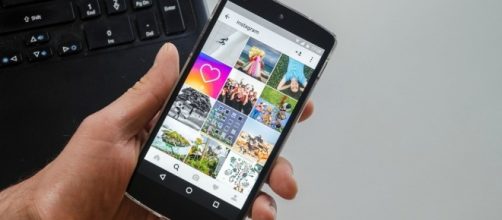Popular Social media platform, Instagram, has the most damaging impact on the mental health of youth, revealed a new study conducted by the Royal Society for Public Health (RSPH), U.K.
The image-sharing app was followed closely by Snapchat, yet another popular image messaging and multimedia app. Facebook and Twitter also have a negative impact on young people's mental health, according to the research.
"The platforms that are supposed to help Young People connect with each other may actually be fuelling a mental health crisis," said the Royal Society for Public Health report.
Instagram has an adverse effect on young people's body image and self-identity: study
Titled #StatusofMind, the study surveyed 1,479 participants between the age of 14 and 24. The respondents were asked to score how various social media platforms that they use impact health and wellbeing issues like anxiety, depression, affected sleep patterns and contributed to a sense of "FOMO" (the fear of missing out).
Instagram draws young women to "compare themselves against unrealistic, largely curated, filtered and Photoshopped versions of reality," Matt Keracher, author of the #StatusofMind report, told CNN.
YouTube, on the other hand, received the most positive ratings from the respondents.
The study also highlighted that the amount of time young people spend on social media is a crucial factor too, along with what they are engaging with..
The research revealed that youngsters who spend over two hours every day connecting on social media sites are more likely to report poor mental health, including psychological distress.
Around 90% of young people use social media, this is more than any other age group
"Social media has been described as more addictive than cigarettes and alcohol, and is now so entrenched in the lives of young people that it is no longer possible to ignore it when talking about young people's mental health issues,” noted Shirley Cramer, chief executive of the RSPH, in the report.
Cramer added that it is important that we have checks and balances in place to make social media less of a wild west.
The study also pointed out that Instagram had a positive impact on the users, in terms of self-expression and self-identity.
The RSPH also suggested some measures in order to tackle the issue
Introducing pop-up messages on sites like Facebook and Twitter to alert users about heavy usage, and social media apps discreetly signposting to help people who are potentially suffering from mental health issues, were some of the recommendations suggested by the independent health education charity.
"We're not asking these platforms to ban Photoshop or filters, but rather to let people know when images have been altered so that users don't take the images on face value as real," said Keracher in a CNN report.


